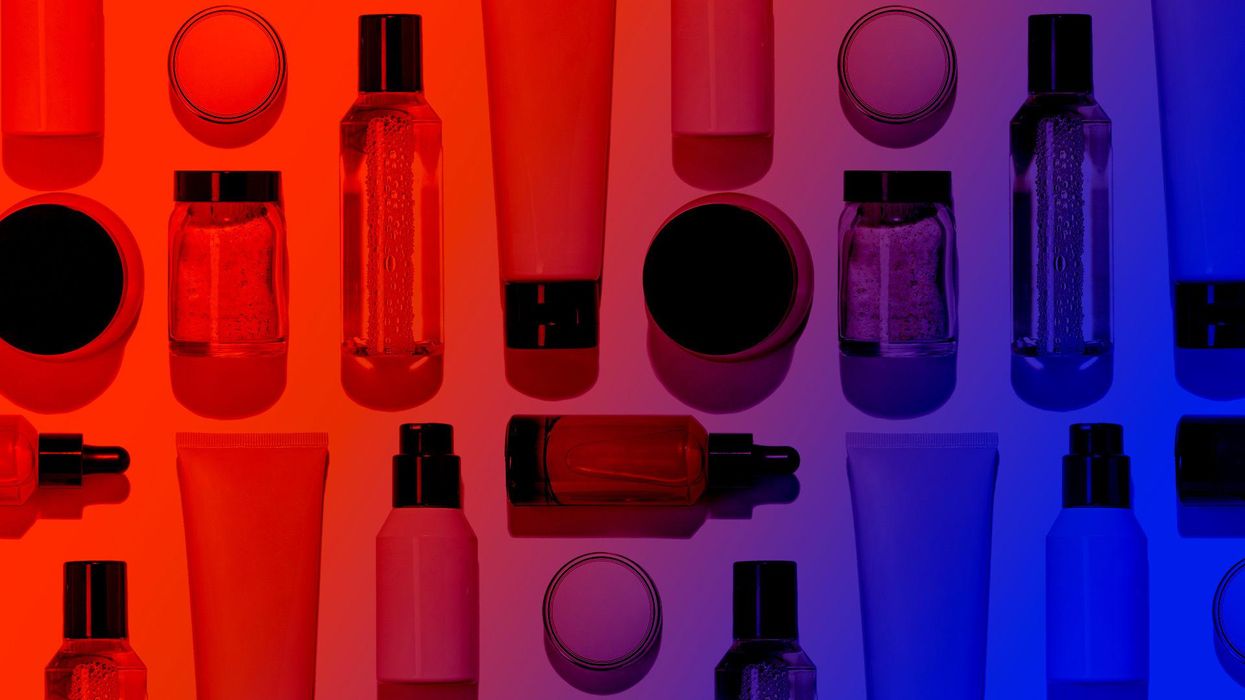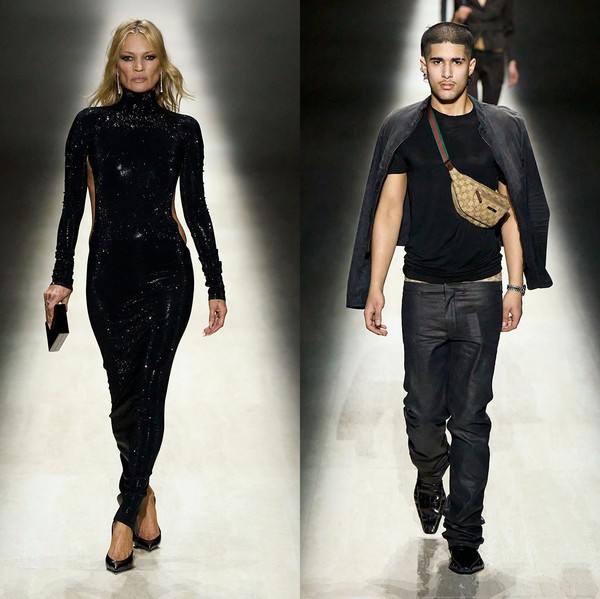I Replaced Alcohol With An Obsession For Perfect Skin
Seeing myself through newly sober eyes forced me to confront deeper questions.

My skin was my map to the night before. The morning after, I checked my eyes first. I rubbed them, squinting against the harsh morning light. If there was mascara or foundation smudged on the back of my hand, there was a good chance I was in someone else’s bed. I struggled with cystic acne in high school, a special kind of anguish that only fellow survivors can understand, so even in a blackout stupor, my brain was hardwired to wash my face when I made it back to my own bathroom. Smeared makeup meant the night had taken a different turn.
I was a blackout drinker: I didn’t drink every day, but once I began, I didn’t know how my evening would end. I woke up missing portions of my memory, the events of the night before a twisted blur. Despite a Brooklyn zip code that was conducive to my work hard, play hard lifestyle, I got the feeling that my drinking might be veering into problematic territory. My friends seemed to know when to switch to water and head home while I was usually rearing to keep the night going. And my hangovers seemed to last days, smothering me in nausea and anxiety. So when I turned 28, I made the decision to get sober.
People tell you that giving up alcohol has a magic effect on your skin, hair, and overall well-being. This is mostly true. During my first six months of sobriety I was less puffy, more hydrated, and getting better sleep. Even still, everything didn’t transform overnight. I thought I was nice to my skin before: I cleansed, moisturized, and took birth control pills to keep my hormones in check. But now that I wasn’t drinking, I had to face certain realities that alcohol had helped me ignore.
Without the fog of alcohol, I saw myself clearly for the first time since high school. When I woke up the morning after binge drinking and eating greasy pizza, it was easy to rationalize dry skin or a new zit. It was all temporary, like a messy bedroom or an unreturned email; something for my future self to deal with later. But when my future self got sober, she became all too aware of every blemish. I wasn’t camping out in dark bars anymore; in the bright light of coffee shops and city parks, it was harder to hide that I had sensitive, acne-prone skin.
I worried that people would think I was less fun without alcohol, so I decided my outsides had to look perfect. If I wasn’t going to be Carrie Bradshaw sipping on a cosmopolitan, I would be Rory Gilmore in all her fresh-faced glory. I got monthly facials and bought serums with fancy ingredients. I exfoliated, applied clay masks, and studied my pores.
I grew dismayed every time I woke up and saw a spot on my face, like it was a personal failing. On my first weekend trip with a new boyfriend, I woke up with a pimple on my chin. It objectively wasn’t a big deal; I covered it up with concealer and we went off to get breakfast. But I couldn’t stop ruminating on it, stealing glances at the bump on my darkened phone screen. I snuck off to the bathroom and panic-ordered five new products. Was my boyfriend looking at my pimple, too? Did he think I was hideous now? Had he changed his mind about wanting to date me?
I knew it was self-absorbed and ridiculous, but panic coursed through my body. Of course, it wasn’t about my boyfriend. Without partying as my defining character trait, I picked up impossible standards of beauty and they were making me as sick as my drinking had.
As I moved through recovery, I worked to uncover the deeper reasons I drank excessively, like my fear of abandonment and a gnawing concern that I was unlovable; many of these worries overlapped with my desire for perfect skin. If I could control my face, maybe I could control how other people perceived and treated me. My twisted logic left me on the receiving end of a lot of self-imposed cruelty and impatience. Ironically, when I saw someone else with a pimple, I didn’t think any less of them. On another face, blemishes told a story and offered a reminder of how humans can connect through shared flaws and vulnerability. Perfection could be boring; real skin provided texture.
Today, four and a half years into sobriety, my skin-care routine has transformed. I still use serums and moisturizers, but instead of applying a full face of makeup every day to hide my blemishes, I try to let my skin breathe. I provide my insides with the space to heal–and for the first time, I’m giving my outsides permission to do the same.




